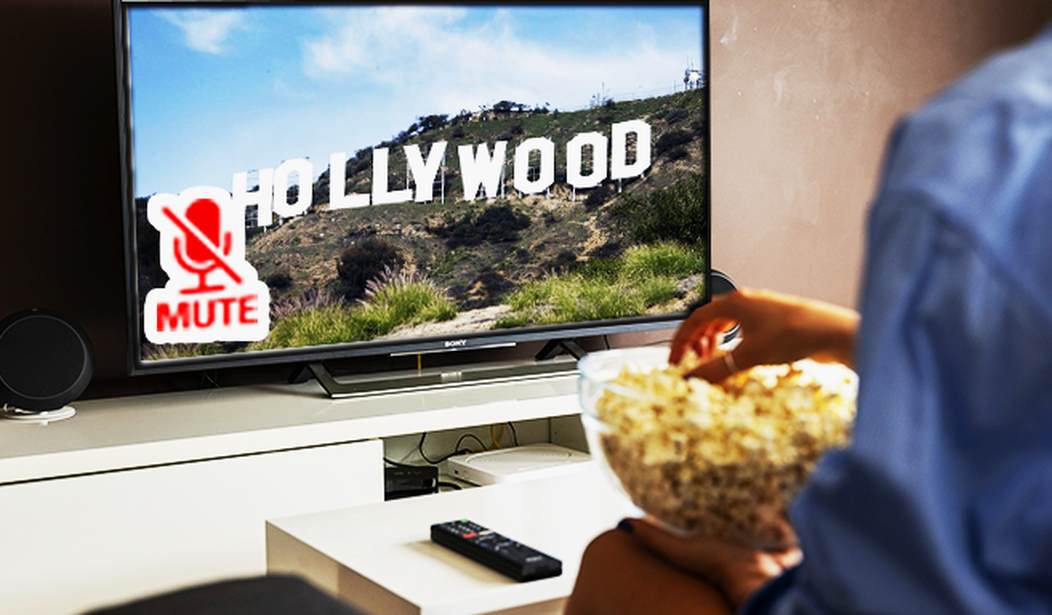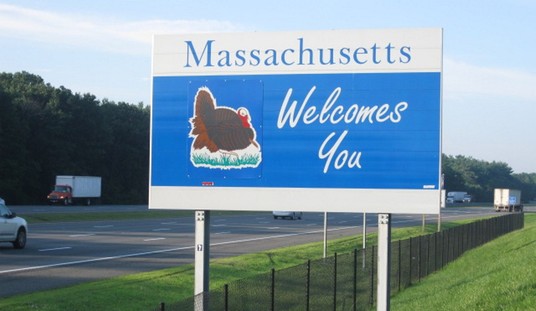The future is looking bleak for Hollywood studios.
The Hollywood Reporter revealed this week that winter box office takings had fallen to "alarming lows" as customers shunned the cinema following months of underwhelming releases.
In fact, the figures are so bad that they amount to the worst January performance outside of the COVID years in the 21st century.
THR explained:
Domestic box office revenue year-to-date of $581.2 million is running 43 percent behind the average haul during the same time period in 2016-19, when movie ticket sales clocked in as high as $1.08 billion, according to data provided by Comscore for Jan. 1-Feb. 4.
Of that, January clocked in at $513.6 million, compared to $599 million in 2023 (a breakout hit last year was M3GAN, with more than $83 million in ticket sales domestically, while Avatar: The Way of Water contributed more than $210 million). Outside of the COVID-era years, $513.6 million is the lowest showing for January in more than 25 years.
There were at least two weekends in the latter part of the month when there wasn’t a new wide studio release, followed by Apple’s big-budget Argylle failing miserably when launching to $17.5 million domestic during the Feb. 2-4 weekend.
Sadly for Hollywood, things are not expected to improve in February with no expectations of any major box office hits:
February is also looking rough. Last year, there was a steady stream of new releases, including Marvel’s Ant-Man and the Wasp: Quantumania, the octogenarian comedy 80 for Brady, Knock at the Cabin and instant cult classic Cocaine Bear.
In terms of studio fare, February 2024’s lineup is largely anchored by Valentine’s Day and Presidents Day weekend. That’s when the Kingsley Ben-Adir starrer One Love: Bob Marley goes up against Sony’s superhero pic Madame Web, starring Dakota Johnson and Sydney Sweeney. Tracking shows both films opening in the $25 million to $33 million range, which would be a sobering sum for a superhero film.
Apart from low-quality filmmaking, there are naturally a multitude causing the decline in attendance. Unpredictable audience preferences, the rise of streaming platforms, high production costs, and the recent writers' strike have all contributed to the ongoing decline of the American film industry.
As previously explained by RedState's Brandon Morse, the reasons are also political. Many directors consider their primary purpose to be the promotion of political propaganda, and audiences don't appreciate it. This does not just apply to the themes and storylines, but also the way they choose cast members and "interpret" old stories in their own progressive way.
Yet, perhaps the biggest challenge facing Hollywood is the threat of artificial intelligence (AI). While AI technologies are currently in their infancy, we are not so far off a reality where there is no need for actors, sets, producers, or even directors.
Instead, AI will be unilaterally capable of writing, producing, directing, and casting its own film concepts without the input of a single human being. On the bright side, this could potentially empower independent filmmakers with concepts that otherwise would never have seen the light of day, all while stripping away the largely malign influence of the big Hollywood production companies. Just ponder that thought...















Join the conversation as a VIP Member